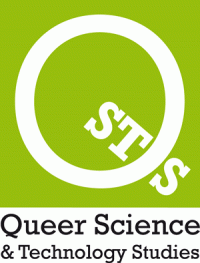It is hardly possible for me to speak about this time in academic terms alone. I lost my father in November, yet I found myself glad that he had passed before the pandemic, and that we could all be together at the end. Others were not so fortunate. I emerged from that hiatus of grief and loss to then find myself living in a forest with fellow researchers and staff, where the distance allowed me the opportunity to heal, to immerse myself in nature, to make good and lasting friendships.
In the afternoons we would discuss the news, watching the advance of the pandemic towards the homes that we had left. But the discussion was not all negative. For those whose experiences of academia (and life) have been coloured by ongoing precarity and toxic inequality, the pandemic brought us unexpected democratisation, and predictability. The networks which sustained us (and which are ever open to those in minority groups) have been as strong and vital as ever. We learned early on to depend on each other, to move as one, finding courage in each other when we stumble, catching those who fall. I find myself wondering if there is any other way to live?
The sudden seizure of production, the winding down of the engines of capital, has left a peace in its wake, a space in which we discovered unexpected gifts. I hear now from friends who say that this is the first opportunity they have had to save, to concentrate on important tasks, to take stock of their lives. And in this space we have been afforded the opportunity to express our fundamental right to an interdpendence that is direct and true, unmediated by profit. A space in which we can directly measure the societal energy that was previously expended on keeping us distanced from each other: distanced in ways that extend far beyond the physical and cause such damage to human lives. That space is still unliveable to some. Yet those voices who seek to break the peace with their self-centred imprecations now find themselves exposed; their perspectives hollow, their voices peevish and small.
You may ask what this has to do with research, with academia, but who I am shapes what I do and what I do is who I am. And I know that I am far from alone in seizing this opportunity to reconfigure a more equitable future. Certainly one which is no longer driven by narcissism and hubris. I know also that I am not alone in my efforts to sustain this peaceful space where we are no longer required to treat our fellow travellers as the means to an end but rather as ends in ourselves.
Bio
Karen Richmond is a legal academic. Her work focusses on scientific approaches to evidence analysis and the construction of expert knowledge. Having left the UK Higher Education Sector in December 2019, Karen joined the TU Graz Institute for Advanced Studies in Science and Technology Studies, completing a visiting research fellowship before relocating to Denmark.
